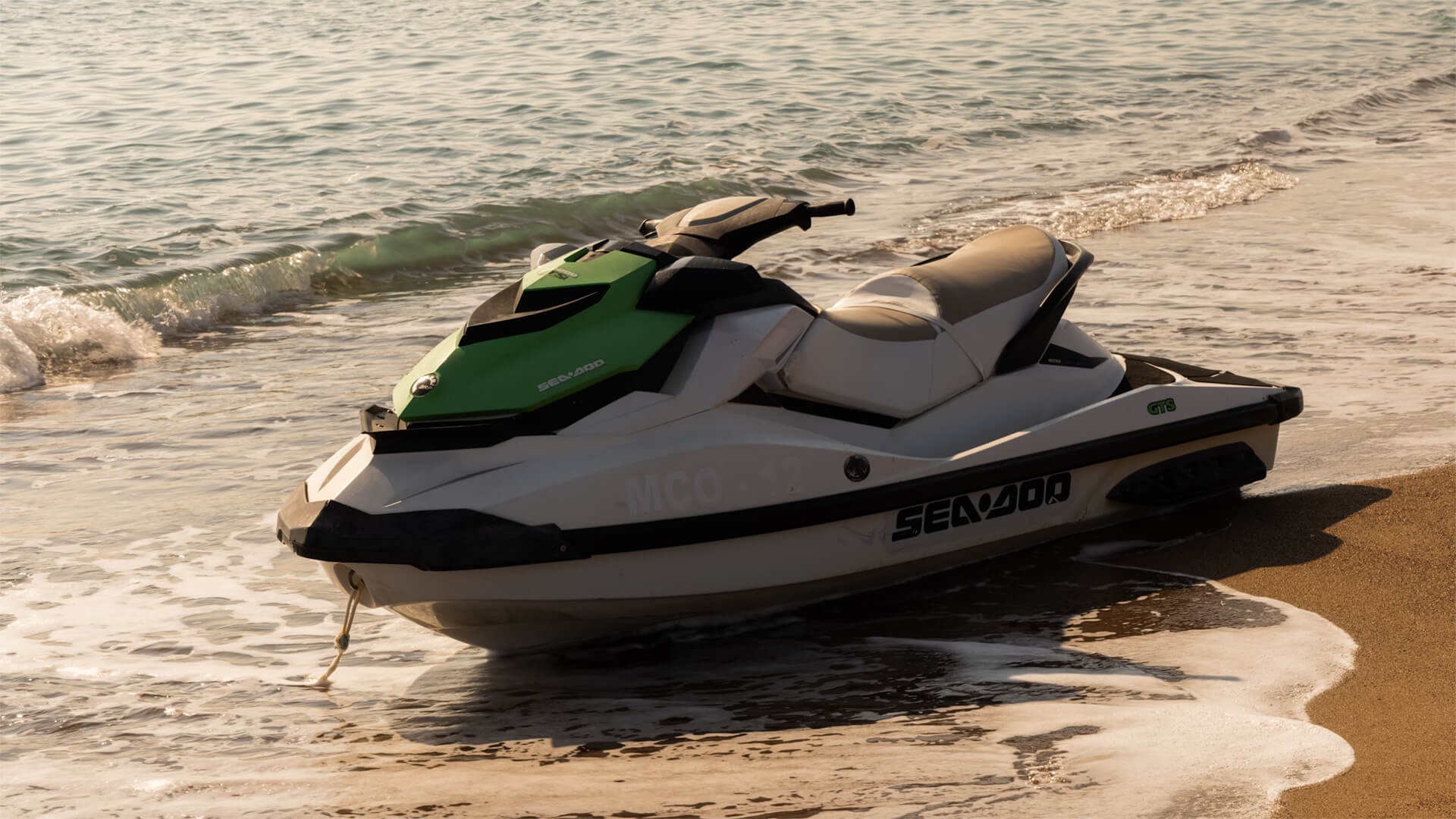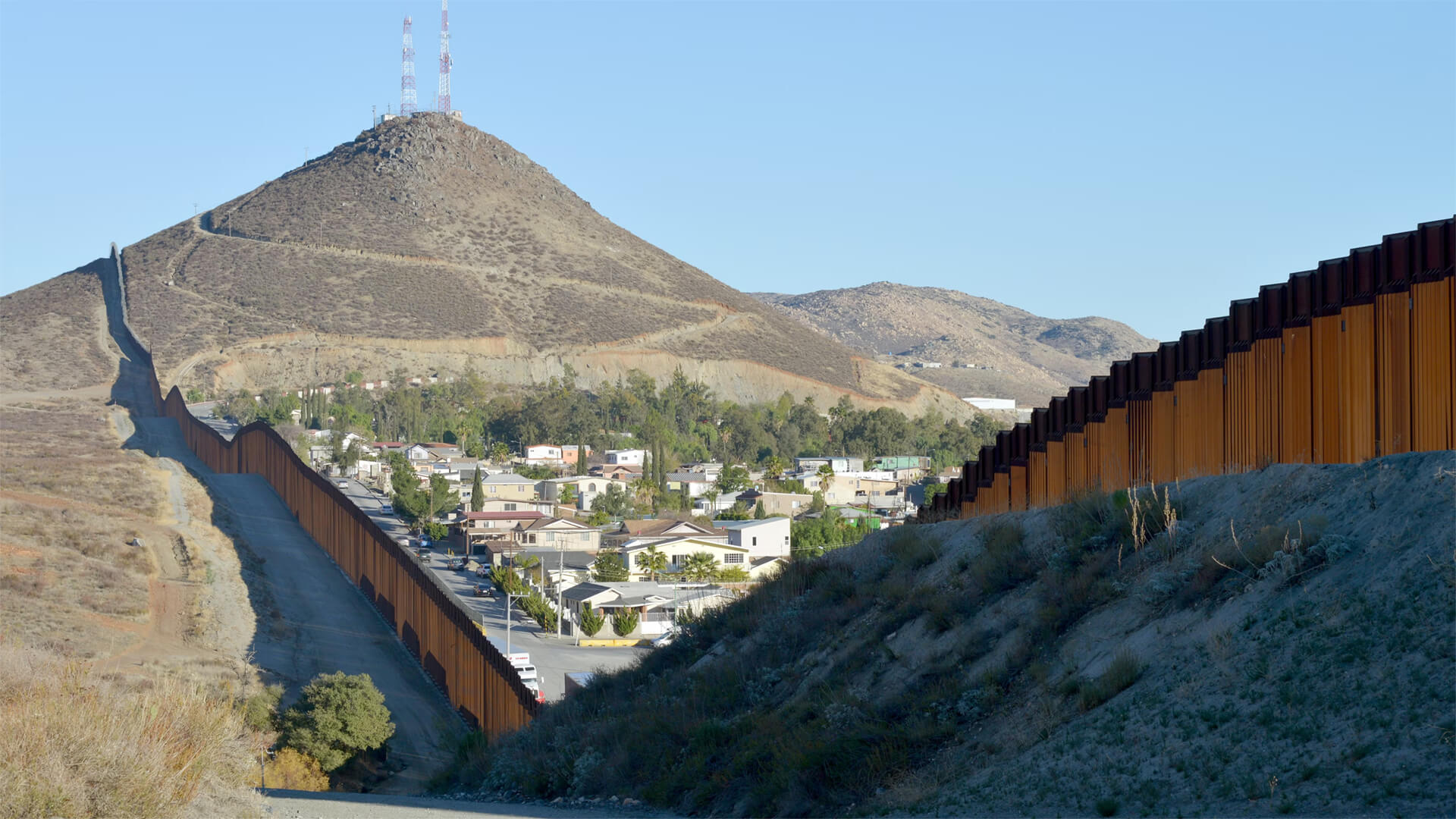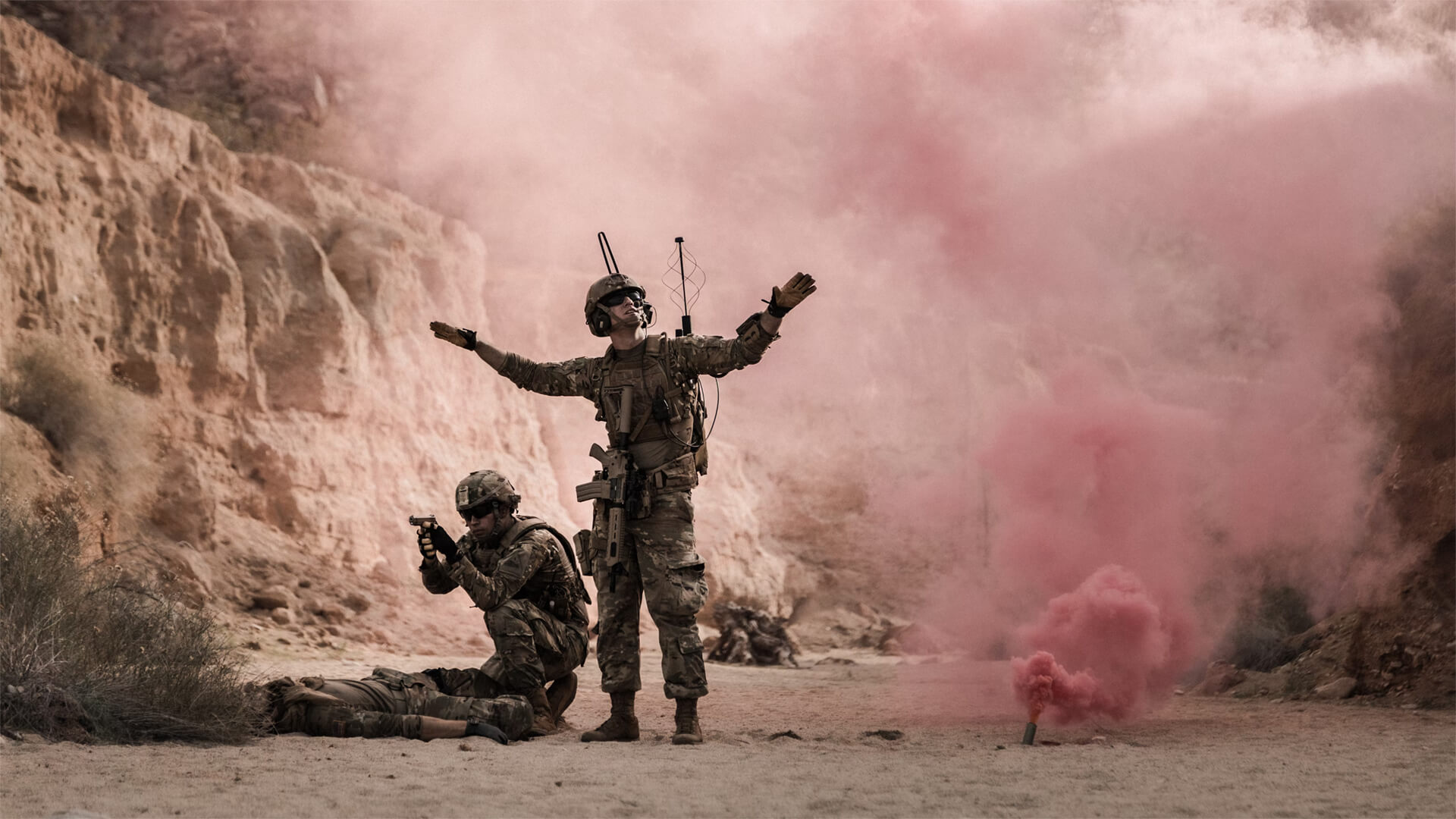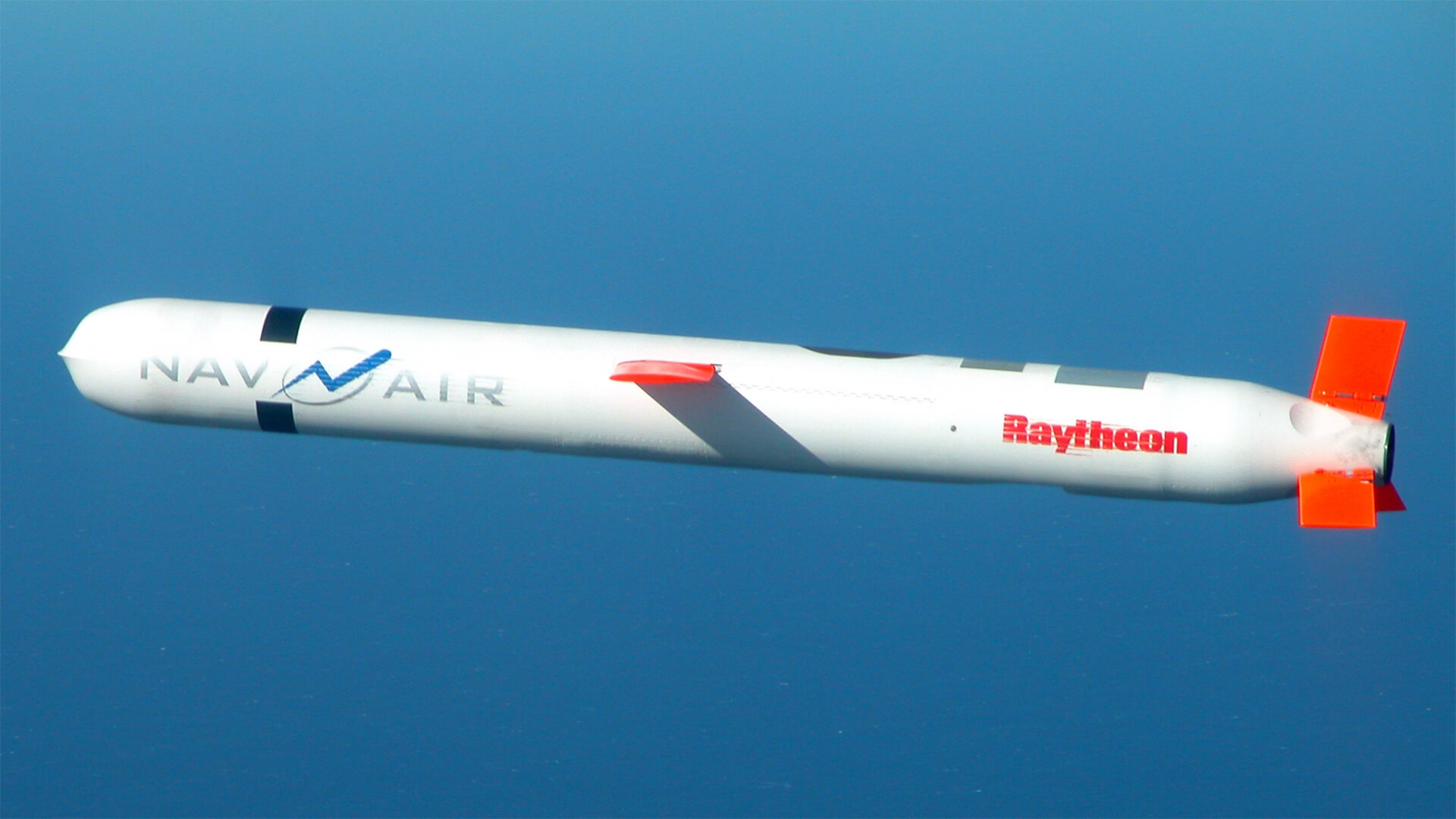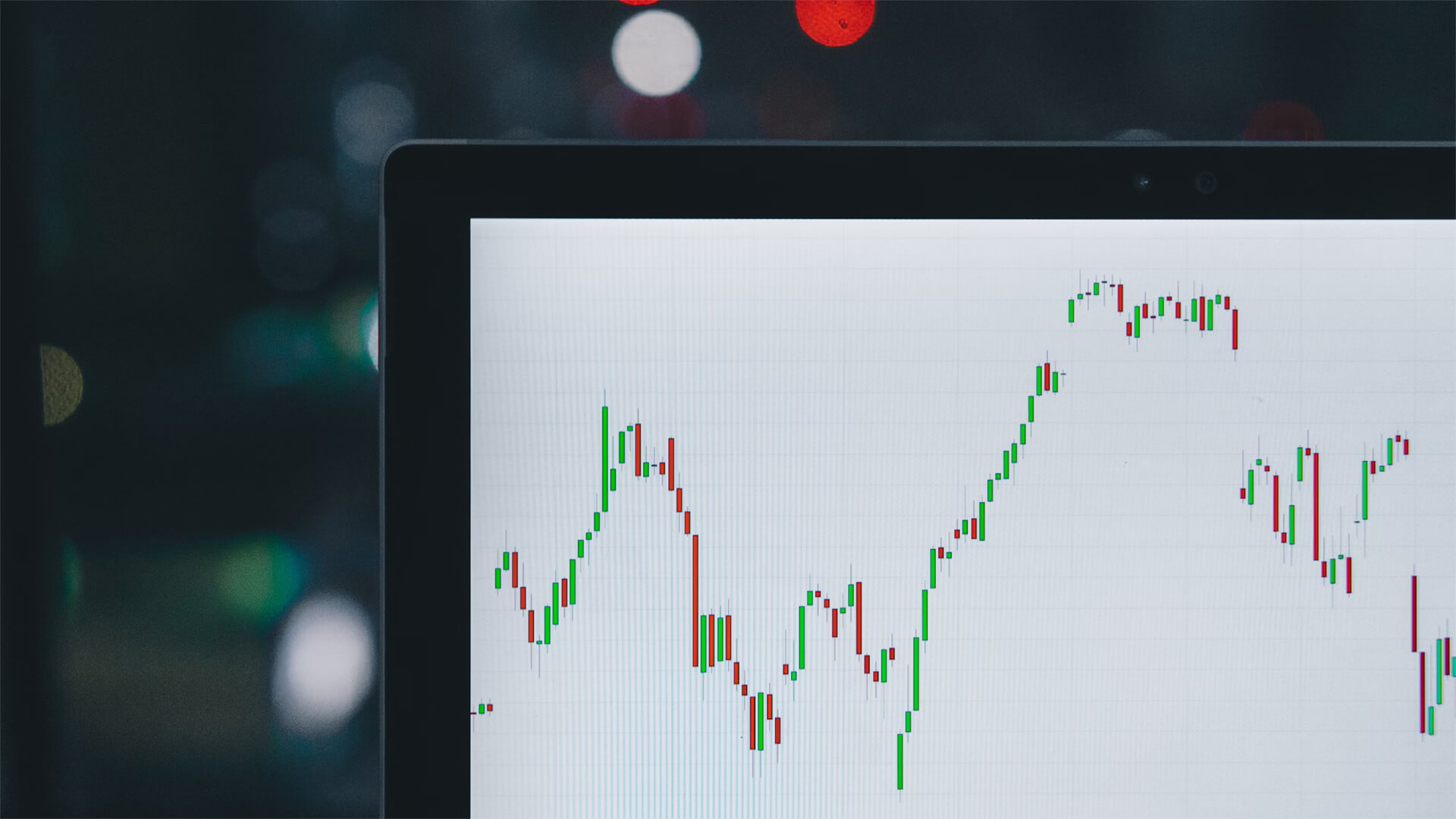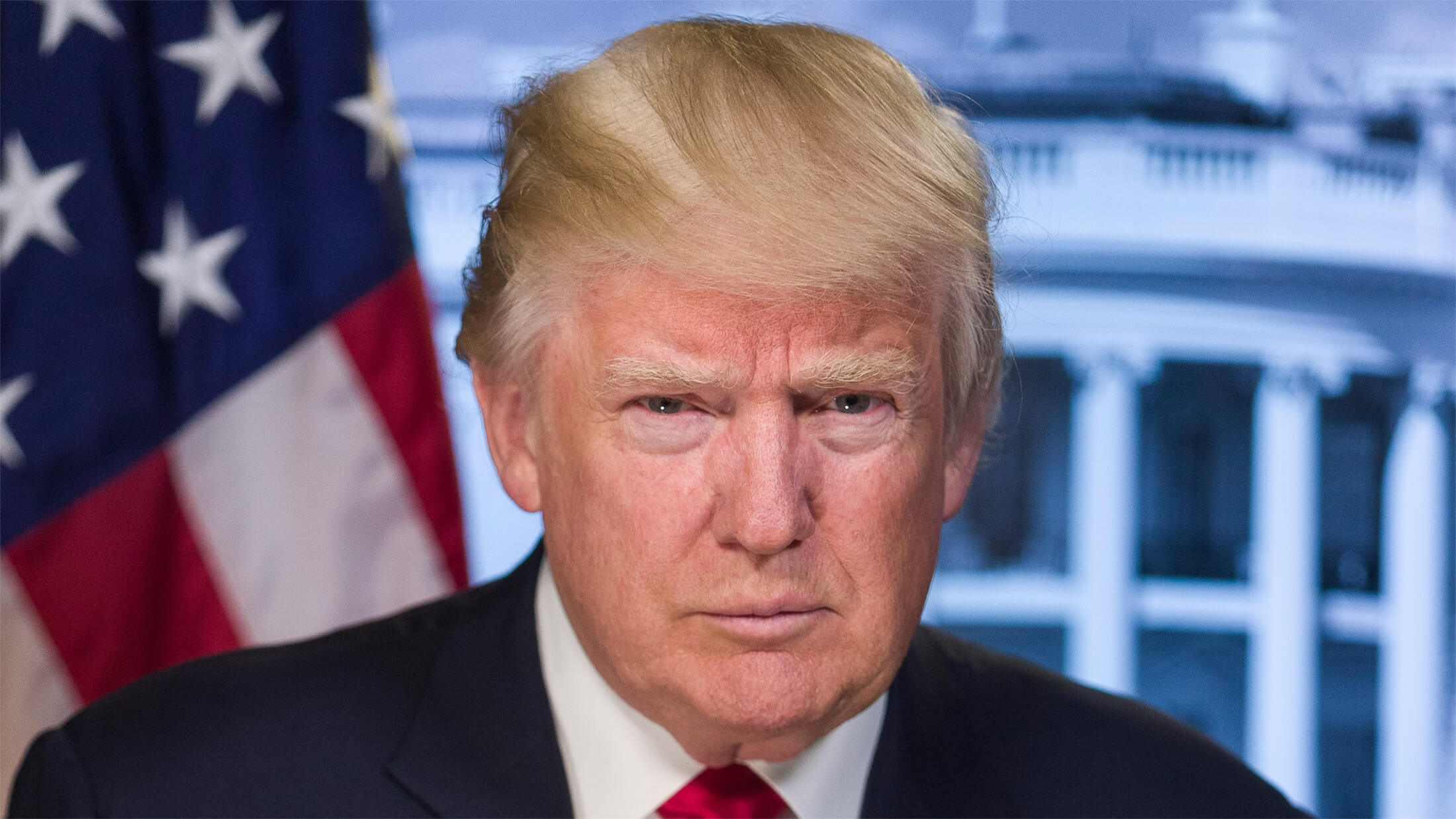*This video was recorded during my backpacking trip through Yosemite in the end of July.
The US Navy and its fleet of carriers (and super-carriers) haven’t had much of a challenge on the seas since WWII. But of all things, it might be some low-tech jet ski bombs that change the way the world’s navies operate.
As the Ukraine War evolves, we’re seeing warfare innovations that could reshape all future conflict. This has come in the form of modified speedboats and jet skis with bombs, used to disable Russia’s Black Sea Navy. And other countries are starting to take note.
For countries with constrained naval access points, this could spell trouble; think of regions like the Black Sea and Baltic Sea or countries with punchy neighbors like Israel and Turkey. These innovations are low-cost and accessible to just about everyone…even worse, they’re difficult to defend against with current tech. So, how does this look for the major naval players?
China is vulnerable to attack from smaller countries due to their port locations. For the US, UK and Japan, there’s less concern given their geographies and strategic partnerships. However, everyone should be updating their defense systems and working to handle this new style of water warfare.
Here at Zeihan On Geopolitics we select a single charity to sponsor. We have two criteria:
First, we look across the world and use our skill sets to identify where the needs are most acute. Second, we look for an institution with preexisting networks for both materials gathering and aid distribution. That way we know every cent of our donation is not simply going directly to where help is needed most, but our donations serve as a force multiplier for a system already in existence. Then we give what we can.
Today, our chosen charity is a group called Medshare, which provides emergency medical services to communities in need, with a very heavy emphasis on locations facing acute crises. Medshare operates right in the thick of it. Until future notice, every cent we earn from every book we sell in every format through every retailer is going to Medshare’s Ukraine fund.
And then there’s you.
Our newsletters and videologues are not only free, they will always be free. We also will never share your contact information with anyone. All we ask is that if you find one of our releases in any way useful, that you make a donation to Medshare. Over one third of Ukraine’s pre-war population has either been forced from their homes, kidnapped and shipped to Russia, or is trying to survive in occupied lands. This is our way to help who we can. Please, join us.
Transcript
Hey, everybody. Peter Zeihan here, coming to you from Yosemite. Really doesn’t matter beyond that because I’ve been pushed into my tent by some Thunder boomers for the last hour anyway. Thought I’d use the wet as an excuse to talk about the future of movies around the world. Since World War One—really, World War Two—the carrier has been the backbone of everything that matters, largely because they can project power. More conventional ships like, say, battleships have to get into engagement range, which is, you know, measured in miles or tens of miles, whereas a carrier can launch fighters and fighter bombers from hundreds of miles away and never be in danger itself.
That’s why the Soviets invested so much in trying to break through the American carrier perimeter with things like airlines, cruise missiles, or submarines to questionable effect. But anyway, that was the goal. Now, for the last 30 years, the United States has been the only game in town. It’s not just carriers the United States has. It has supercarriers. It has ten of what most countries consider carriers, which are the core of the Marine expeditionary units, and then another ten of the Nimitz class carriers, which are the ones that, you know, outshoot everybody. One of those has more projection-based firepower than every other navy in the world, with the exception of the Japanese and the British navies, who are allies anyway. So, big difference. And then, of course, the United States is in the process of floating three Ford-class carriers, which will be even more powerful. So, from a conventional naval point of view, the United States is in a league of its own. Might as well be on its own planet. The question is whether that is changing.
One of the things that we have seen in the Ukraine war is that the Ukrainians have been able to modify speedboats and literally jet skis with remote controls, put a couple hundred pounds or 500 pounds of bombs on them, and send them off. In doing so, they’ve basically sunk or incapacitated the vast majority of the Black Sea navy of the Russians. It’s actually worse than it sounds because the Russians moved a lot of ships into the Black Sea just before the war, and those are all gone too. So recently, the Russians abandoned the port of Sevastopol. Basically, they’re not having naval assets in the Crimean Peninsula anymore. They’ve moved everything back to Novorossiysk. But the Ukrainians have already hit Novorossiysk, so they’re probably going to have to move it back to Tuapse, or maybe even Astrakhan. Basically, the Russian Black Sea Fleet is no more. It’s no longer a fleet in being. It no longer has the capacity to project power, and it’s basically hiding in its supposed home waters. Say what you will, but the Ukrainians are creative, and they’re working with very, very little. There’s not much about these naval drones that is particularly sophisticated; we just haven’t seen them patched together like this before. So, to think that this technological innovation is going to stop just in Ukraine is kind of stupid.
So you need to look around the world for other navies that really shouldn’t exist much longer because if they get in a shooting war with a neighbor, all it’s going to take is a few non-dudes on jet skis, and they’re gone. The country that is going to suffer the most from this is Russia. All of Russia’s maritime access points where it has naval ports are contested. I mean, yeah, yeah, yeah, yeah, it’s got that really, really, really crazy long Arctic coastline, but hardly anyone lives there, with the exception of Arkhangelsk and Murmansk, which are the bases for the Arctic Fleet. And both of those are within jet ski range of Norway. Saint Petersburg and the Baltic Sea Fleet are even more constrained. Anything that wants to operate there has to get by Finland, Estonia, Latvia, Lithuania, Sweden, Denmark, Poland, and Germany. So yeah, not happening. The only other remaining base is out in Vladivostok, where the Russians are completely circumscribed by the Japanese islands. So, you know, any meaningful conflict involving any of these theaters, and the Russians lose it all very, very, very quickly to jet skis. I mean, that’s just embarrassing. The Russians have never been a naval power because all of its navy points are constrained, and one fleet can’t really reinforce the other, but still, this is just a little over the top.
They’re hardly alone. Basically, there are a lot of countries that are near one another, they don’t like one another, and getting a few motorboats or jet skis together to throw things out of whack is a really good plan. So, for example, if the Israelis and the Turks don’t find a way to get along, both of them can largely decimate the regional navies. This is a bigger problem for Turkey because it’s on the Black Sea, and that means it has to have good relations with not just the Russians and the Georgians, but the Romanians and the Bulgarians. And of course, then there’s the Greeks. The Aegean Sea is probably going to be a no-go zone for the Turkish Navy, which basically makes it really important for the Turks to get along with Israel. Otherwise, they won’t have a navy at all.
But the real fun starts in the Persian Gulf, where Iran, Kuwait, Qatar, Saudi Arabia, the United Arab Emirates, and Oman can basically, whenever they want to, bomb each other’s navies. Not that any of them have navies, but it’s a commercial thing. All of these countries are dependent upon the Persian Gulf and the Strait of Hormuz to get crude out, and now it takes really, really low-tech stuff to interrupt it. But the real, real crazy exciting stuff is going to happen in East Asia because every Chinese port is on the wrong side of the first island chain. That’s the line of islands going south from Japan to include Taiwan, the Philippines, and Indonesia. I would look to Indonesia and the Philippines to really explore these technologies because they’re not naval powers, but anyone can buy some bombs on a jet ski, and all of a sudden, all this money that the Chinese have been investing in their navy is completely pointless.
Now, of course, if you’re talking about the big three navies in the world, that’s the United States, Japan, and the United Kingdom. Those are the three big naval powers. The game might be a little different. One of the reasons why these three countries are the world’s biggest naval powers is because of their positioning. Obviously, Japan and the United Kingdom are islands, so they have to have a navy, and then the United States is basically on a continent more or less by itself from a strategic point of view. Well, in the case of Japan, all of its ports are on the east side of the island, so they’re out of jet ski range. For the United Kingdom, as long as they get along well with Norway, Denmark, and France, there’s nothing to worry about there, and that’s one of the many reasons why NATO tries to keep an eye on all of these relationships. And to be perfectly blunt, the French and the Brits—there’s a lot of bad water under the bridge there, but they’re not about to go bombing one another, and the Danes, the Norwegians, and the Brits have gotten along well for centuries, so that’s probably okay.
There’s still the open question, though, of where can you operate? Just because you can get your ship out of port doesn’t mean you can do anything with it because if you come in range of a foreign coastline, the jet skis may very well come out. So we’re going to have to see a counter-revolution in naval technology here. I don’t want to go so far as to say the age of the supercarrier is over because those things are really tough to sink, and they are really fast, and they are really useful. But if someone’s coming at you with a fleet of jet skis, you don’t have the right weapons for that. There’s nothing on the ships or even in the ring of ships that supports them that can shoot down at an angle to engage these things, so we’ll need something new.
Now the Navy is working on something called the Replicator initiative, which isn’t simply going to field a bunch of drones; it’s going to turn all of the major surface combatants into drone manufacturing centers, so they can kick out dozens of these things in a few hours, is the theory. And if that happens, you get some serious drone-on-drone action. While using a jet ski against a capital ship is a big bang for your buck, using a small drone against a large drone is an even bigger bang. So, according to the Navy, within two years, Replicator should be online, at least in a prototype fashion. We’ll see what it looks like then. It’s all a question of whether or not the existing naval powers can innovate at the speed that the upstarts are. I can tell you this for sure: they’re putting a budget behind it because they don’t want to lose those big boats.
All right, that’s it for me. Until next time.

